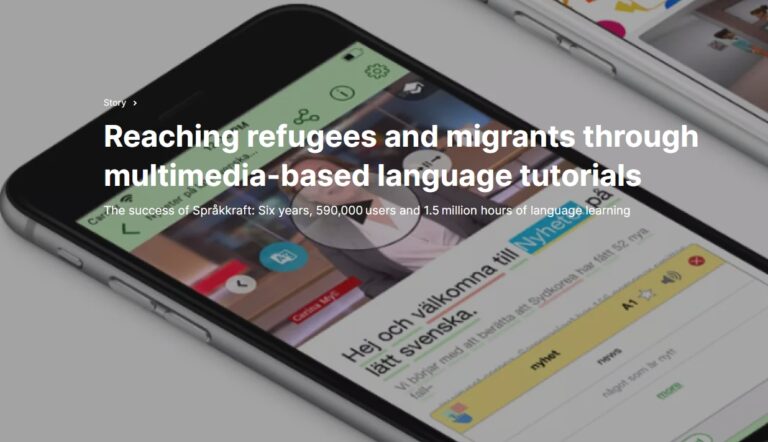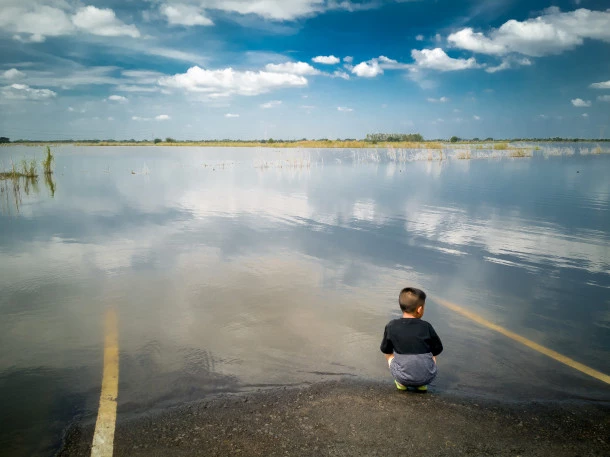Ten Steps to Equity in Education
Introduction
Education plays a key role in determining how you spend your adult life – a higher
level of education means higher earnings, better health, and a longer life. By the
same token, the long-term social and financial costs of educational failure are
high. Those without the skills to participate socially and economically generate
higher costs for health, income support, child welfare and social security systems.
So a fair and inclusive system that makes the advantages of education available
to all is one of the most powerful levers to make society more equitable.
Education has expanded significantly in the past half-century, but hopes that this
would automatically bring about a fairer society have been only partly realised.
Women have made dramatic advances, but overall social mobility has not risen
and in some places inequalities of income and wealth have increased.
As ever more students go on to university or professional education, many are
still being left behind. Across OECD countries nearly one in three adults have
only primary or lower secondary education – a real disadvantage in terms of
employment and life chances.
At the same time, increased migration poses new challenges for social cohesion
in some countries while other countries face longstanding issues of integrating
minorities. Fair and inclusive education for migrants and minorities is a key to
these challenges. Equity in education enhances social cohesion and trust.
This Policy Brief looks at how to improve equity in education in three key policy
domains: the design of education systems, practices both in and out of school,
and resourcing. It proposes ten steps which would help reduce school failure
and dropout rates, make society fairer and help avoid the large social costs of
marginalised adults with few basic skills. ■
Connect with us :






